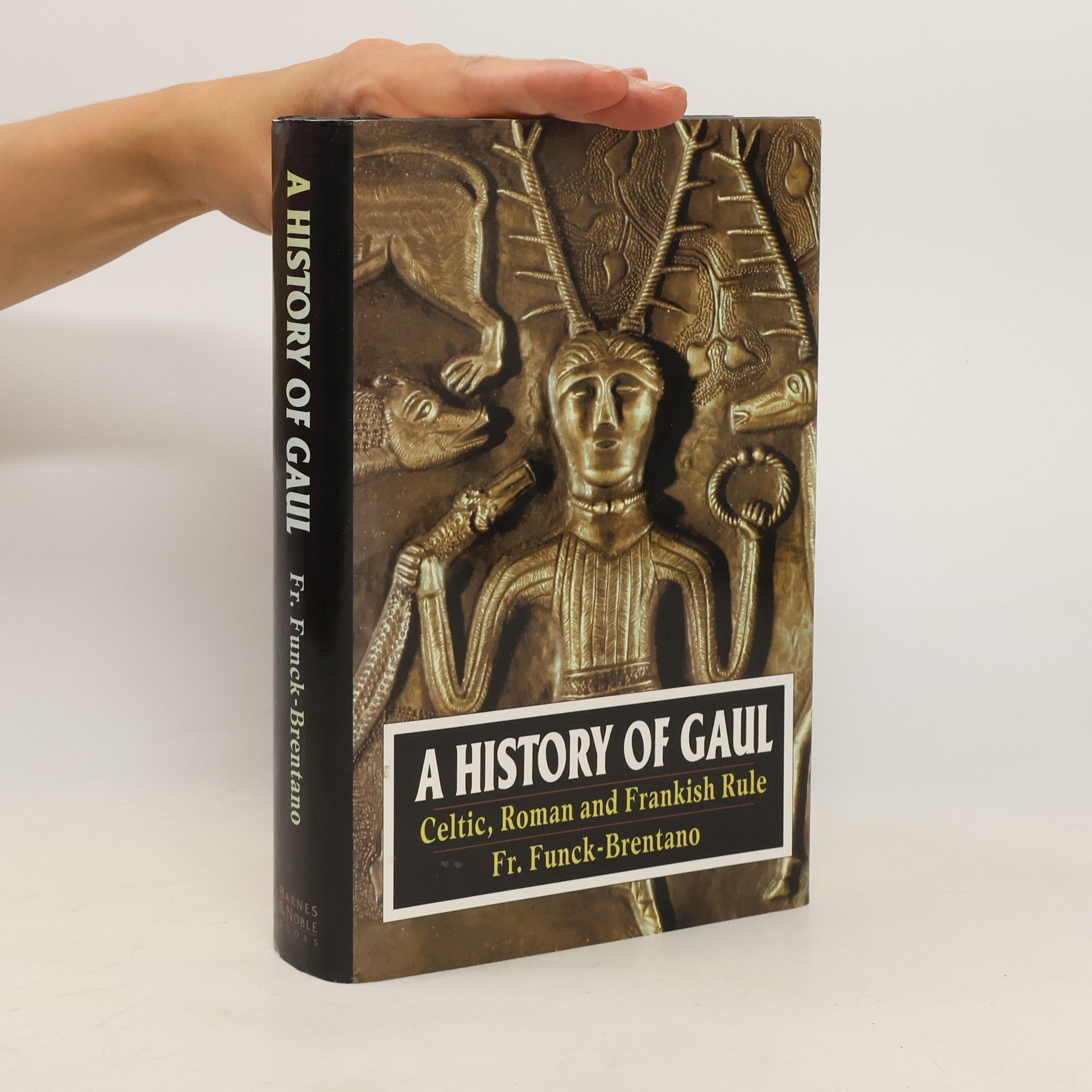Traces Gaul from its prehistoric beginnings to the founding of the Capetian ruling house in 987 A.D.
Frantz Funck-Brentano Reihenfolge der Bücher (Chronologisch)
Frantz Funck-Brentano war ein französischer Historiker und Bibliothekar, dessen Forschung sich auf das Ancien Régime konzentrierte. Seine Tätigkeit in der Bibliothèque de l'Arsenal, die die Archive der Bastille beherbergte, ermöglichte ihm eine eingehende Untersuchung der Institutionen, Persönlichkeiten und prägenden Ereignisse dieser Epoche. Seine einflussreichen Bücher, die auf diesen reichen Quellen basierten, waren sehr erfolgreich und trugen zu einem tieferen Verständnis der französischen Geschichte bei. Er befasste sich auch mit vergleichender Rechtsgeschichte und der Verbreitung französischer Literatur im Ausland.
